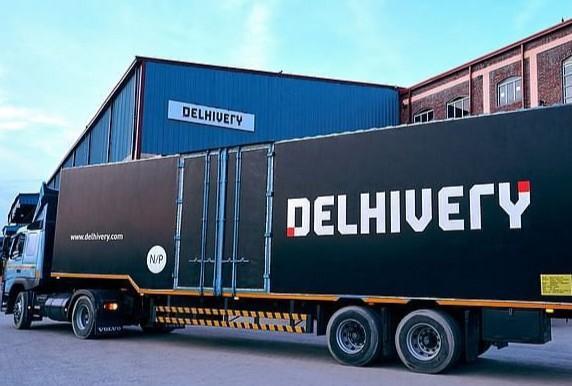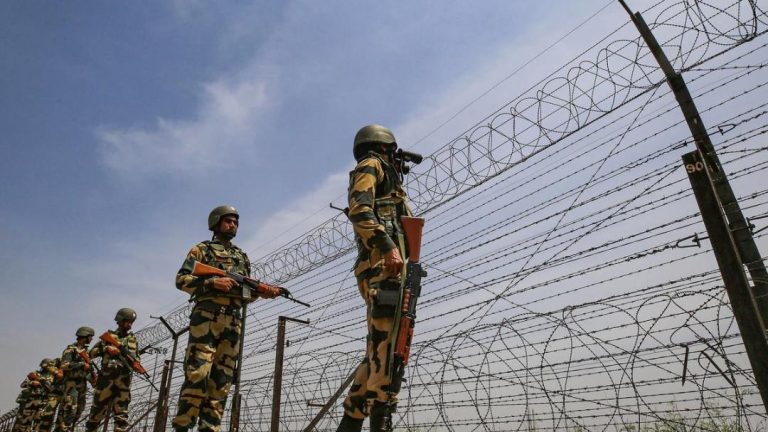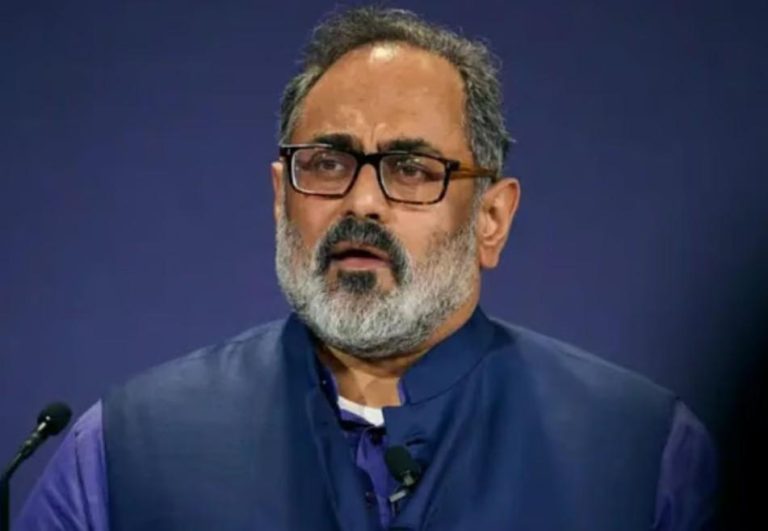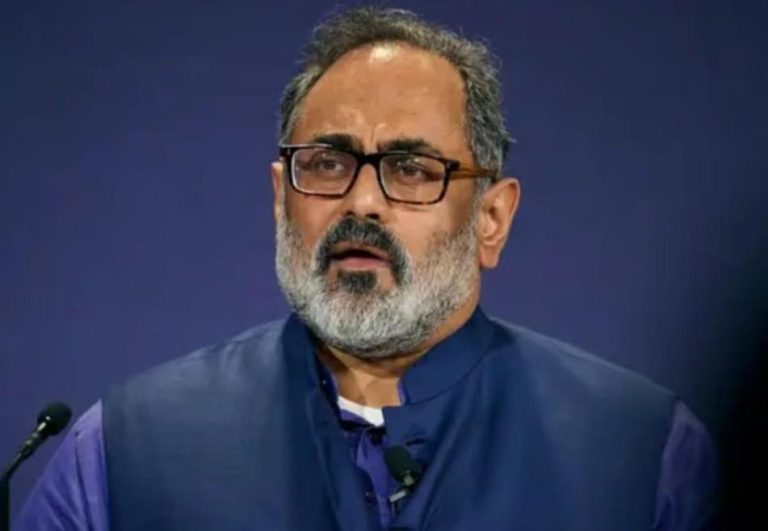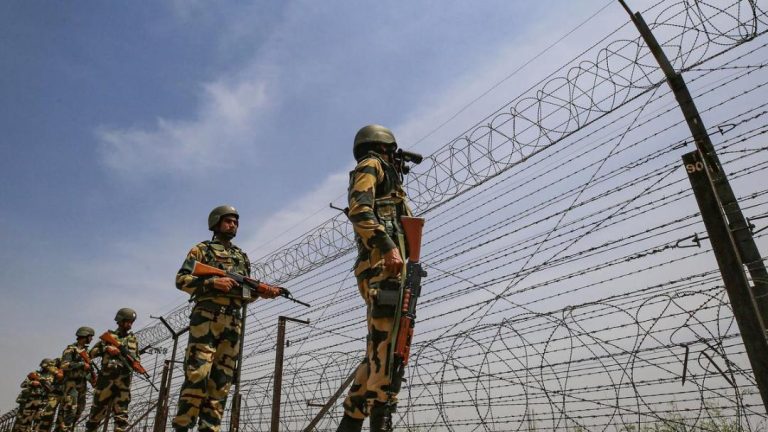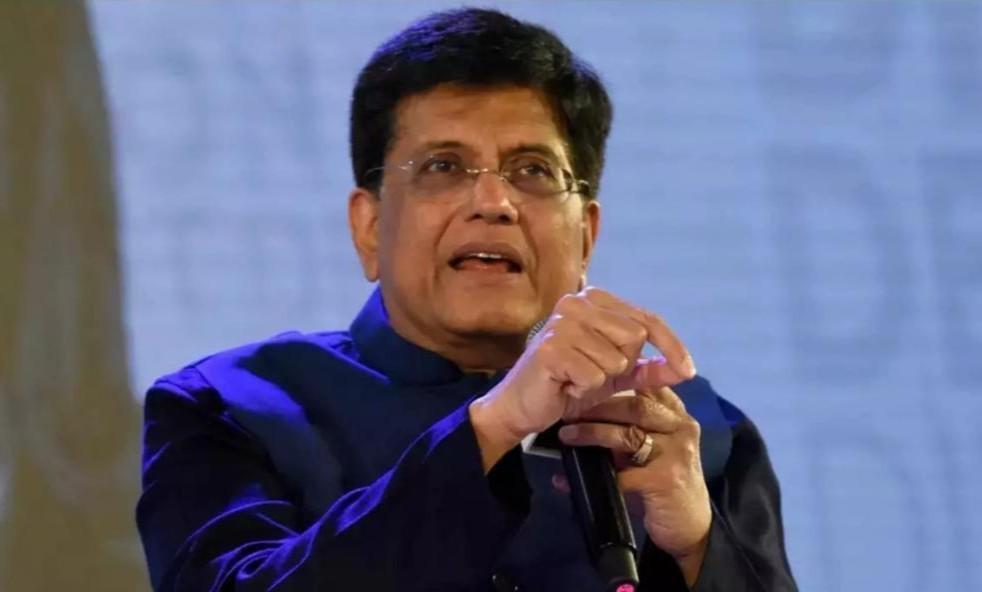
Food Delivery Apps Turning Unemployed Youth into Cheap Labour for Rich: Goyal
The Indian startup ecosystem has been growing rapidly in recent years, with many entrepreneurs venturing into various industries. However, Union Minister Piyush Goyal has raised concerns over the lack of deep-tech startups in India, stating that most Indian startups are focused on food delivery apps, turning unemployed youth into cheap labor for the rich.
Goyal made this comment during an event, where he questioned the kind of startups that are emerging in India. He said, “What are Indian startups of today—we’re focused on food delivery apps, turning unemployed youth into cheap labour so that rich can get their meals without moving out of their house.” “Are we going to be happy being delivery boys and girls,” he asked.
Goyal’s comments have sparked a debate about the nature of entrepreneurship in India and the kind of jobs being created in the startup ecosystem. While food delivery apps have disrupted the traditional food industry, they have also created a large number of jobs for delivery agents. However, these jobs are often characterized by low wages, lack of job security, and poor working conditions.
The rise of food delivery apps has been meteoric in recent years, with companies like Swiggy, Zomato, and Foodpanda leading the charge. These apps have made it possible for people to order food from the comfort of their own homes, without having to leave their houses. However, the success of these apps has also led to the creation of a large army of delivery agents, who work on a freelance basis, often for several hours a day.
While these delivery agents are providing a valuable service to the food delivery industry, they are often paid low wages, with many earning as little as Rs. 5,000-6,000 per month. This is despite the fact that they are required to work long hours, often in challenging conditions, to deliver food to customers.
Goyal’s comments have highlighted the need for a more nuanced approach to entrepreneurship in India. While food delivery apps have disrupted the traditional food industry, they have also created a large number of jobs, albeit low-paying ones. The question is, are these jobs creating value for society, or are they simply exploiting cheap labor?
The answer lies in the business model of these food delivery apps. While they claim to be providing a convenient service to customers, they are also profiting from the labor of their delivery agents. These agents are not employees of the companies, but rather freelancers, who are paid on a per-delivery basis. This means that they have no job security, no benefits, and no protection from exploitation.
The lack of job security and benefits is a major concern in the food delivery industry. Many delivery agents are not entitled to basic rights like minimum wage, social security benefits, and workers’ compensation. This means that they are vulnerable to exploitation, and often have to work long hours for low wages, just to make ends meet.
Goyal’s comments have also highlighted the need for more deep-tech startups in India. While food delivery apps have disrupted the traditional food industry, they are not creating jobs that require advanced technological skills. Instead, they are creating jobs that require manual labor, often in low-skilled roles.
The lack of deep-tech startups in India is a cause for concern, as it means that the country is missing out on opportunities to create high-value jobs. Deep-tech startups are often focused on developing innovative solutions to real-world problems, and require advanced technological skills. They also tend to create high-value jobs, as they require specialized talent.
In conclusion, Goyal’s comments have highlighted the need for a more nuanced approach to entrepreneurship in India. While food delivery apps have disrupted the traditional food industry, they have also created a large number of jobs, albeit low-paying ones. The question is, are these jobs creating value for society, or are they simply exploiting cheap labor? The answer lies in the business model of these food delivery apps, and the need for more deep-tech startups in India.


